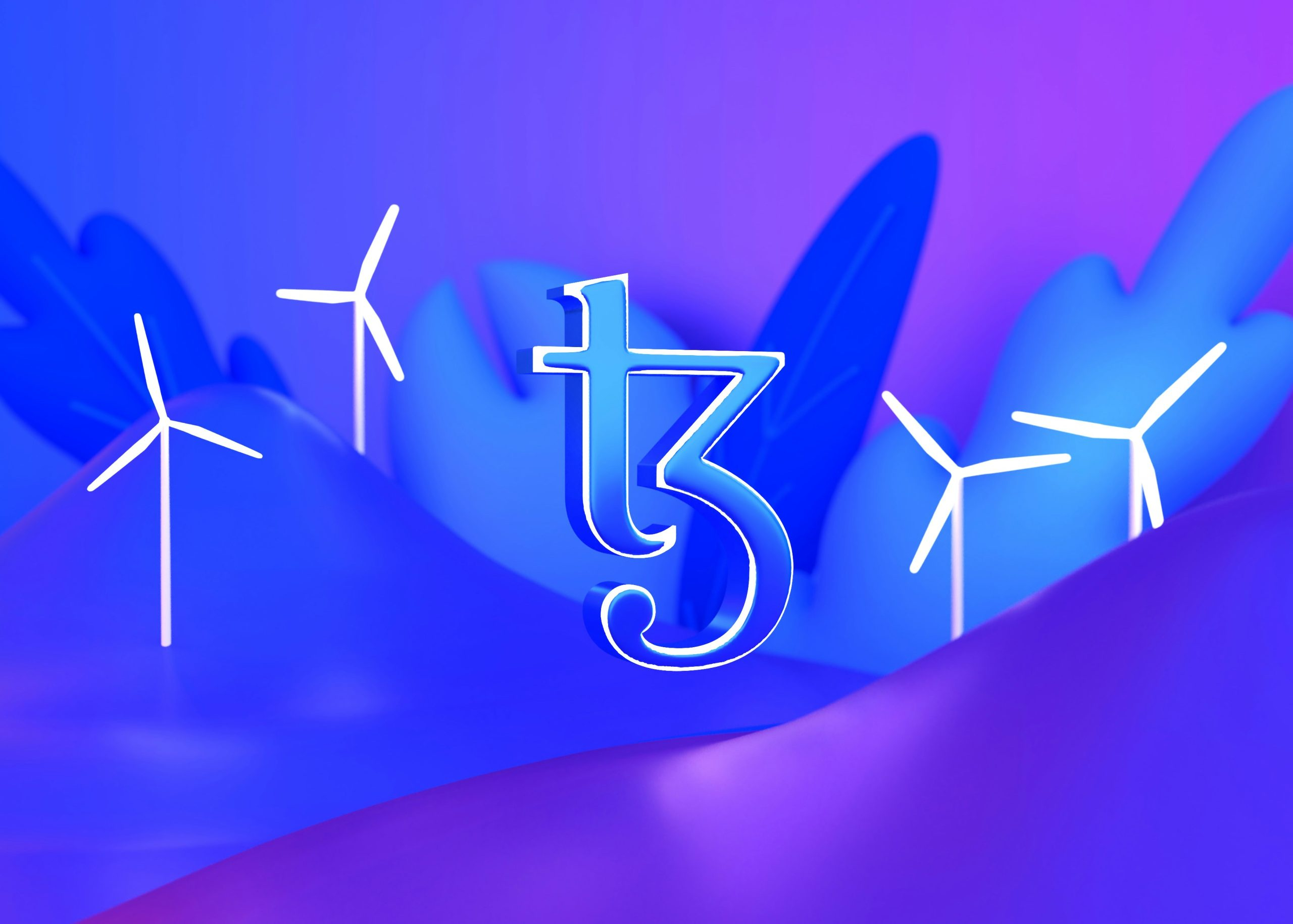The Transformative Power of Blockchain in Global Economics
In recent years, blockchain technology has emerged as a game-changer in numerous industries, including finance, supply chain management, and healthcare. But what about its impact on global economics? While still in its early stages, the potential of blockchain to transform the way we do business on a global level is becoming increasingly apparent. In this article, we will explore the transformative power of blockchain in global economics and the potential implications for businesses, governments, and individuals alike.
The Basics of Blockchain
Before delving into its implications for global economics, it is important to understand the basics of blockchain technology. In simple terms, blockchain is a decentralized digital ledger that records and stores data in a secure and transparent manner. Unlike traditional databases, which are typically managed by a central authority, blockchain relies on a network of nodes to verify and validate transactions, eliminating the need for intermediaries.
The data stored on a blockchain is encrypted and linked together in a chain of blocks, each containing a unique cryptographic hash of the previous block. This makes the system virtually tamper-proof, as any attempt to alter the data would require changing all subsequent blocks in the chain.
The Advantages of Blockchain in Global Economics
There are several key features of blockchain technology that make it particularly well-suited for use in global economics.
Enhanced Efficiency and Transparency
One of the most significant advantages of blockchain in global economics is its potential to increase efficiency and transparency in financial transactions. With blockchain, transactions can be completed directly between two parties, without the need for intermediaries. This not only reduces transaction costs but also speeds up the process, allowing for near-instant settlement. Moreover, all transactions on a blockchain are recorded on a public ledger, providing transparency and traceability, which can help reduce fraud and corruption.
Reduced Barriers to Global Trade
The use of blockchain technology could also help reduce barriers to global trade, particularly for small and medium-sized enterprises (SMEs). Currently, SMEs often face barriers to international trade due to the high costs associated with traditional financial systems. Blockchain, on the other hand, can eliminate the need for intermediaries and significantly reduce transaction costs, making it easier for SMEs to engage in global trade.
Improved Financial Inclusion
Blockchain can also play a crucial role in promoting financial inclusion on a global scale. By providing a more efficient and cost-effective alternative to traditional financial services, blockchain technology has the potential to make financial services more accessible to individuals and businesses in underserved regions.
Risks and Challenges
Of course, like any new technology, blockchain also poses risks and challenges. One of the main concerns is the volatility of cryptocurrencies, which often rely on blockchain technology. The value of cryptocurrencies can fluctuate significantly, making them a risky investment. Additionally, the complexity of blockchain and the lack of regulatory frameworks in place can make it difficult for businesses and governments to fully understand and implement the technology.
The Future of Blockchain in Global Economics
Despite the potential challenges and risks, it is clear that blockchain has the power to revolutionize global economics. As more businesses and governments begin to adopt and integrate blockchain technology into their operations, we can expect to see increased efficiency, reduced costs, improved transparency, and greater financial inclusion on a global scale.
Moreover, with the rise of blockchain-based decentralized finance (DeFi), individuals and businesses will have more options for borrowing, lending, and investing without the need for intermediaries. This has the potential to disrupt the traditional financial system and give individuals more control over their own finances.
The Bottom Line
The transformative power of blockchain in global economics cannot be ignored. As the technology continues to evolve and gain mainstream adoption, we are likely to see far-reaching effects on international trade, financial services, and global economic stability. Businesses and governments must be prepared to adapt to these changes and embrace the potential of blockchain to unlock a more efficient, transparent, and inclusive global economy.










